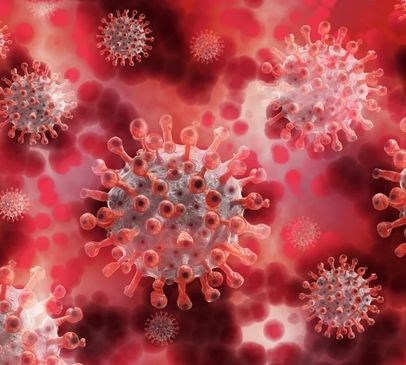A new study published in the journal Nature Medicine has found two biomarker profiles that predict cognitive outcomes after COVID-19.
The researchers examined data of 1,837 adults hospitalised with COVID-19 between January 2020 and November 2021. They found two distinct biomarker profiles that predicted cognitive outcomes at 6 and 12 months after hospitalisation.
Biomarker profiles were created from blood samples obtained during the patient’s admission to hospital. Recorded scores on the Montreal Cognitive Assessment (MoCA) were used to identify objective cognitive deficits, while cognitive items of the Patient Symptom Questionnaire (c-PSQ) were used to identify subjective cognitive deficits.
High fibrinogen was linked with objective and subjective cognitive deficits, while high D-dimer was linked with subjective but not objective cognitive deficits. The researchers conducted tests to ensure that the associations found between biomarkers and cognitive deficits were not explained by pre-COVID cognitive function. The association was found to be mediated by dyspnea (shortness of breath) and fatigue.
The researchers concluded that the present results might help in the development of predictive models of post-COVID cognitive deficits.
Reference: Taquet, M., Skorniewska, Z., Hampshire, A., Chalmers, J.D., Ho, L., Horsley, A., Marks, M., Poinasamy, K., Raman, B., Leavy, O.C., Richardson, M., Elneima, O., McAuley, H.J.C., Shikotra, A., Singapuri, A., Sereno, M., Saunders, R.M., Harris, V.C., Houchen-Wolloff, L., … PHOSP-COVID Study Collaborative Group (2023). Acute blood biomarker profiles predict cognitive deficits 6 and 12 months after COVID-19 hospitalization. Nature Medicine.
https://doi.org/10.1038/s41591-023-02525-y
Back









